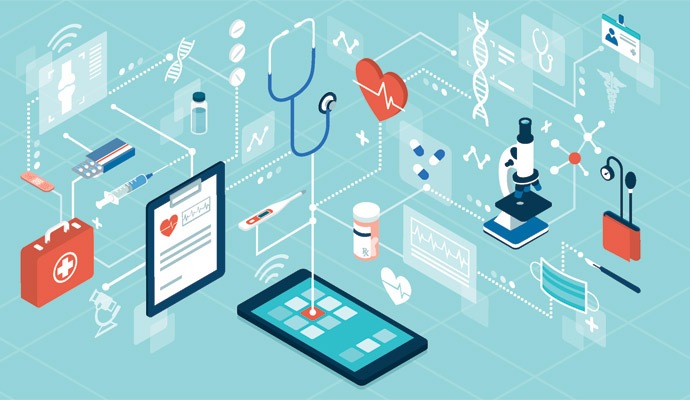Florida Researchers to Use AI to Track Coronavirus Variants
The University of Florida is providing $3.7 million in funding to support efforts to track coronavirus variants with artificial intelligence.

Source: Getty Images
- To help address the ongoing pandemic, researchers from the University of Florida (UF) are using funding from the school to remain ahead of coronavirus variants through the creation of an artificial intelligence (AI) algorithm.
The COVID-19 pandemic has proved to be an enduring challenge, with one variant taking over just as another subsides, making the progression of the pandemic highly unpredictable.
“The coronavirus is a moving target and we have always been one step behind,” said Marco Salemi, PhD, a professor of experimental pathology in the UF College of Medicine’s department of pathology, immunology, and laboratory medicine and the Stephany W. Holloway University Chair in AIDS Research, in a press release. “Every time the epidemic seems to be coming under control, another variant emerges that is more virulent — not necessarily causing more severe disease, but certainly more transmissible — and it spreads again.”
Following a $3.7 million investment from the University of Florida, a research team led by Salemi and Mattia Prosperi, PhD, UF professor and college coordinator of artificial intelligence, will create an AI algorithm to track COVID-19 and predict new variants with accuracy.
The AI algorithm will be trained using publicly available global data on the genetic sequences of the novel coronavirus. Theoretically, it will be able to flag a suspected new variant, which could then be tested to determine whether it attacks cells at a rapid pace or can resist antibodies.
“We would know right away if a new variant can potentially take over the population rapidly,” said Salemi. “We would finally have an advantage over the virus and we could rapidly do prevention measures.”
Further, the algorithm could potentially be used to predict COVID-19 outcomes in the long and short term.
The use and application of AI in COVID-19 detection and diagnosis are becoming an increasingly common practice.
For example, in May, researchers created an AI tool that could use free-text data from EMRs to identify COVID-19 symptoms. The technology was developed using a database containing EMR data from out-of-hours providers. After taking 15 free-text fields from each record, researchers applied them to a set of 27 COVID-19 symptoms.
Additionally, in August, Stanford Medicine researchers announced that they will utilize Komodo Health’s data analytics application to review the potential health outcomes of COVID-19. The effort will begin with an analysis of the pandemic's effects on various populations, particularly regarding social determinants of health and any disparities that might exist. This data will then be integrated into the technology, generating insights that could assist providers in combating the ongoing pandemic.
